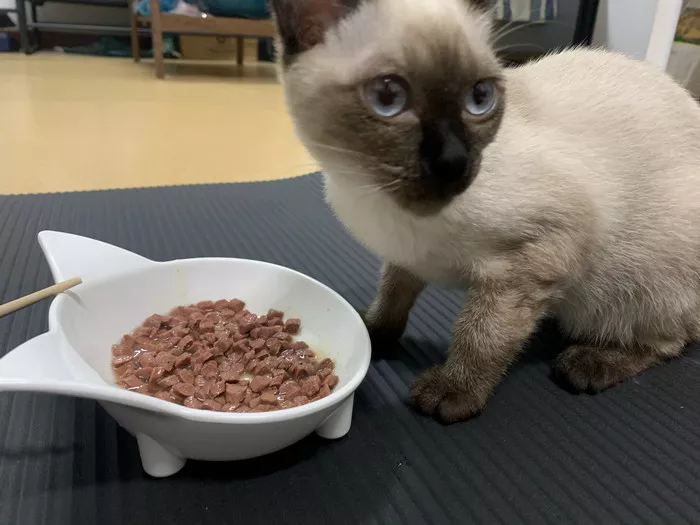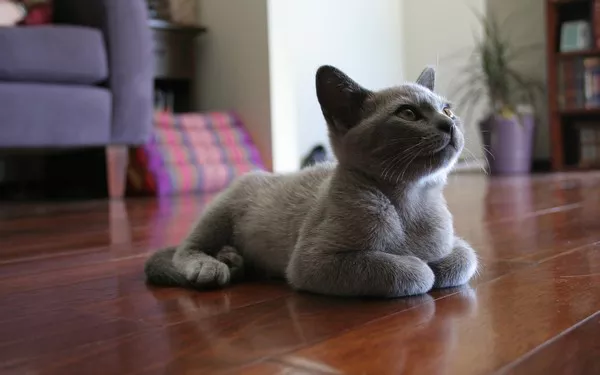Siamese cats are renowned for their striking appearance, vocal nature, and playful demeanor. As cat enthusiasts explore the nuances of feline care, a common question often arises: do Siamese cats like milk? This inquiry has roots in popular culture, where the image of a content cat sipping on a bowl of milk has become iconic. However, the reality behind this perception is more complex, delving into the intricacies of feline nutrition and digestive systems.
Understanding Feline Nutrition:
Before addressing the specific preferences of Siamese cats, it’s crucial to grasp the broader context of feline nutrition. While milk has long been associated with cats in popular culture, the truth is that many adult cats are lactose intolerant. Lactose is a sugar found in milk, and the ability to digest it declines after weaning.
Kittens possess an enzyme called lactase, which allows them to break down lactose in their mother’s milk. As they grow and are weaned, the production of lactase decreases, making it challenging for many adult cats to digest milk effectively. Siamese cats, like other breeds, often experience this lactose intolerance, but the degree can vary among individuals.
Siamese Cats and Lactose Intolerance:
Siamese cats, known for their social and affectionate nature, may exhibit curiosity when presented with a bowl of milk. Some Siamese cats may indeed enjoy the taste of milk, lapping it up eagerly. However, this doesn’t necessarily imply that they can digest it without consequences.
It’s essential for Siamese cat owners to recognize the signs of lactose intolerance, which can include diarrhea, stomach upset, and abdominal discomfort. While not all Siamese cats will react negatively to milk, it’s crucial to exercise caution and moderation when offering it as a treat.
Alternatives to Milk for Siamese Cats:
For Siamese cat owners keen on treating their feline companions, there are alternative options that cater to their nutritional needs. Specialized cat milk products, formulated to be lactose-free, are available in pet stores. These products mimic the taste of milk without causing digestive issues.
Additionally, providing fresh water is crucial for maintaining a Siamese cat’s overall health. Hydration is essential for preventing urinary tract issues and promoting healthy kidney function. Siamese cats, like all felines, are obligate carnivores, meaning their primary dietary requirements come from animal-based proteins. High-quality cat food that meets their nutritional needs is the foundation of a Siamese cat’s diet.
The Myth of Milk and Cats:
The association between cats and milk has deep historical roots. In popular culture, cats are often depicted enjoying a bowl of milk as a symbol of contentment. However, this romanticized image doesn’t align with the physiological reality of many adult cats, including Siamese breeds.
It’s crucial for cat owners to recognize that treating their feline companions with milk may not always result in a positive experience. The lactose intolerance prevalent in many adult cats can lead to digestive issues, undermining the intention of offering a delightful treat.
The Importance of Tailored Nutrition:
Siamese cats, with their sleek bodies and distinctive color points, have specific nutritional requirements. Providing a well-balanced and tailored diet is essential for maintaining their health and vitality. Siamese cats are known for their active and playful nature, requiring a diet rich in animal-based proteins, essential fatty acids, vitamins, and minerals.
Consulting with a veterinarian to determine the most suitable diet for a Siamese cat is crucial. Veterinarians can provide personalized recommendations based on the cat’s age, weight, and overall health. This approach ensures that Siamese cats receive the nutrients they need to thrive while minimizing the risk of dietary-related issues.
Conclusion:
While the image of a cat enjoying a bowl of milk is deeply ingrained in popular culture, it’s vital for cat owners, especially those with Siamese cats, to approach this treat with caution. The reality of lactose intolerance in many adult cats, combined with the specific nutritional needs of Siamese breeds, underscores the importance of informed and responsible cat care.
Rather than relying on outdated stereotypes, cat owners should prioritize a balanced and tailored diet for their Siamese companions. This involves understanding their unique nutritional requirements and offering treats that align with their digestive capabilities. By doing so, Siamese cat owners can ensure the well-being and happiness of their feline friends, fostering a strong and healthy bond between human and cat.

























